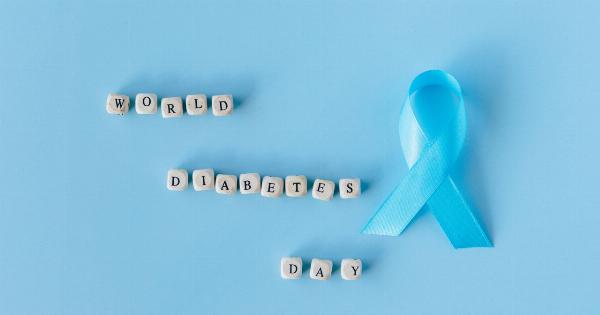Acute pyelonephritis is a serious bacterial infection that affects the kidneys. It’s important to be aware of the symptoms so that you can seek treatment as soon as possible, and avoid potential kidney damage or other complications.
Here are 7 symptoms to watch for:.
1. Pain in the back or side
One of the most common symptoms of acute pyelonephritis is pain in the back or side. This pain may be sharp or dull, and may become worse when you move. The pain can be localized to one side of your body, or it may be felt throughout your back.

2. Fever and chills
Acute pyelonephritis often causes a fever and chills. Your temperature may rise above 100.4°F (38°C), and you may feel cold or shivery. This is because your body is fighting the infection.

3. Nausea and vomiting
The infection can affect your digestive system, causing nausea and vomiting. You may also experience a lack of appetite, and feel generally unwell.

4. Painful urination
Acute pyelonephritis can cause pain or burning when you urinate. You may also feel like you need to urinate more often than usual, but only pass small amounts of urine. Your urine may also appear cloudy or have a strong odor.

5. Blood in the urine
In some cases, acute pyelonephritis can cause blood in the urine. This can be a sign of kidney damage, and requires urgent medical attention. If you notice blood in your urine, you should see a doctor immediately.

6. Fatigue and weakness
The infection can make you feel extremely tired and weak. You may find it difficult to carry out your usual activities, and feel like you need to rest more than usual. This is because your body is working hard to fight the infection.

7. Confusion or disorientation
In severe cases of acute pyelonephritis, you may experience confusion or disorientation. This is because the infection can affect your brain function, leading to confusion, agitation or even coma.
This is a medical emergency and requires immediate medical attention.

Seeking medical attention
If you experience any of these symptoms, it’s important to seek medical attention immediately. Acute pyelonephritis is a serious infection that can lead to kidney damage or other complications if left untreated.
Your doctor will be able to diagnose the infection and prescribe appropriate treatment, which may include antibiotics and pain relief medications.
In some cases, hospitalization may be necessary, especially if you’re experiencing severe symptoms or have existing health issues. It’s important to follow your doctor’s advice and take all prescribed medications as directed.
Preventing acute pyelonephritis
There are several steps you can take to reduce your risk of developing acute pyelonephritis:.
- Drink plenty of fluids to help flush bacteria out of your urinary tract
- Pee after sexual activity to help prevent bacteria from entering the urethra
- Wipe front to back after using the bathroom to avoid transferring bacteria from the anus to the urethra
- Avoid douching or using harsh feminine products that can irritate the urethra
- If you have diabetes, keep your blood sugar under control to reduce your risk of developing infections
- Don’t hold your urine in for extended periods of time
By taking these steps, you can help prevent acute pyelonephritis and other urinary tract infections.
Conclusion
Acute pyelonephritis is a serious bacterial infection that requires prompt medical attention. By being aware of the symptoms and seeking medical help early, you can avoid complications and recover quickly.
If you experience any of the symptoms discussed in this article, contact your doctor immediately.































